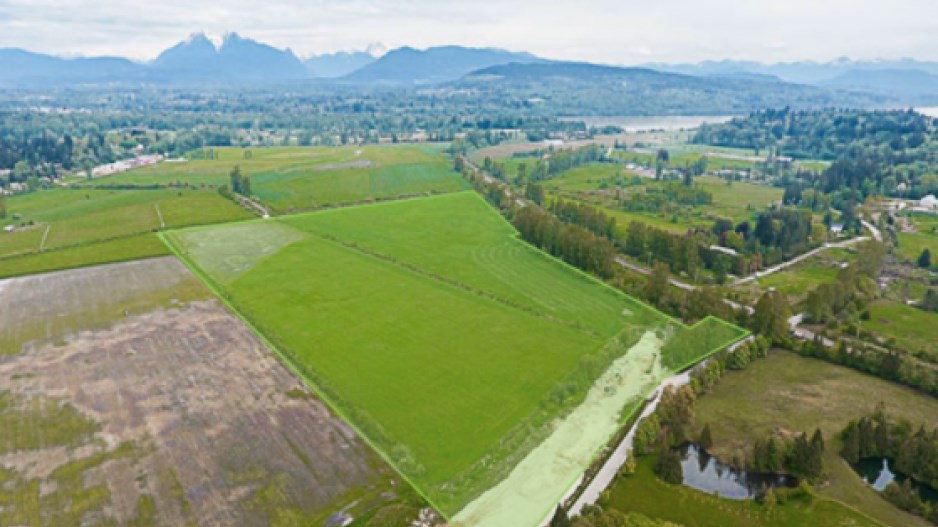The growth potential of B.C. agri-techAgriculture is a complex and vitally important economic sector and area of human activity.
It involves constant experimentation and evolution. Adaptation and the use of technology is at its core.
While today’s agricultural technology looks different from the past, without continued advances in the way we grow food, it will not be possible to adequately feed 7.5 billion people on earth, let alone the additional two billion people expected to join us by 2050.
For perspective, Canada’s agriculture sector represents around 3.3% of all economic activity. Food processing is the second largest manufacturing industry nationally, and could be one of B.C.’s biggest industries by 2030. But getting there will require a determined focus on and investment in innovation to increase output even more, while also managing the environmental impacts and greenhouse gas emissions. In fact, agriculture can be a positive contributor to climate related goals, but it will depend, in part, on innovation and expanded use of technology, some of which we still need to invent.
B.C. already has a sizeable and vibrant agri-tech sector, with at least 150 companies of all sizes. Collectively, these companies bump-up B.C.’s traditional agricultural competitive advantages. In the future, agri-tech is the foundation for expanding the current suite of over 300 agricultural commodities produced in B.C.
Taking the next steps to support and encourage the sector’s growth means coming to terms with the view that agriculture is mostly small artisanal farms. While they greatly enhance the richness and diversity of B.C.’s food products, these small ventures cannot meet our food requirements or enable the province to remain a significant exporter of agri-food products. It will also mean revisiting policies to allow agri-tech within the Agricultural Land Reserve (ALR).
Given existing land use pressures and the growing need for food, having ALR land shift to green belts rather than to food production would be most unfortunate. Over time this will lead to greater reliance on food imports, reduced economic activity, and foregone opportunities to enhance food security and build a component of B.C.’s wider clean technology economy.
Not capitalizing on the momentum of the B.C. companies who are developing and producing world-class agri-tech solutions would be a failure of innovation for British Columbia, and for a provincial government theoretically committed to growing the technology sector, encouraging innovation and promoting the province internationally as a preferred place to invest and do business.
Today’s technology solutions are different from those in the past but with similar objectives. B.C. has all the conditions to grow a vibrant agri-tech sector that can build clean industrial activities, promote innovation, attract creative and talented people who can solve challenges, and contribute to the economy. Failing to nurture and support the agri-tech sector is a significant lost opportunity. We should not let it pass us by.
Denise Mullen is director of environment, sustainability and Indigenous relations at the Business Council of British Columbia.




